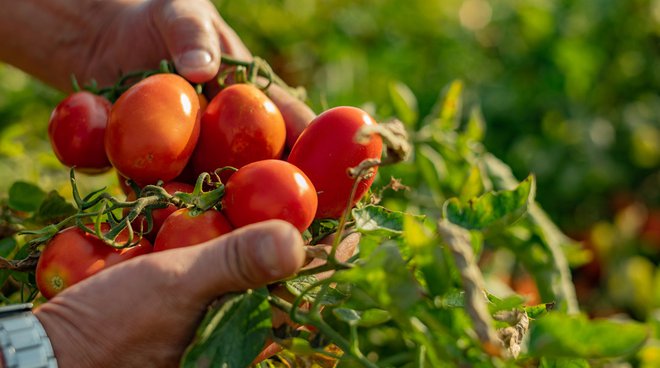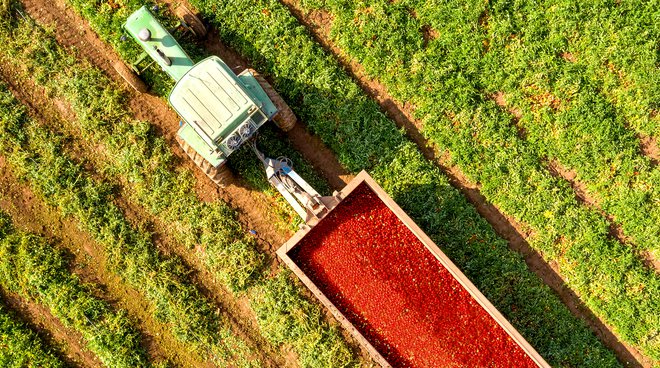Healthy and Sustainable
WORLD HERITAGE
The fifth session of the UNESCO Intergovernmental Committee to safeguard the intangible cultural heritage of humanity registered the Mediterranean Diet

On November 17, 2012, the fifth session of the UNESCO Intergovernmental Committee to safeguard the intangible cultural heritage of humanity registered the Mediterranean Diet in its prestigious list of planetary value heritage to be protected.
This important acknowledgement gives credence to the worldwide acknowledgement of the excellence of the Mediterranean lifestyle, a magnificent and balanced example of natural and cultural ‘contamination’. Four years of work went into establishing whether the Diet merited the important recognition. The time was spent assessing the cultural importance of the nutritional habits of the populations bordering the Mediterranean Sea, recognizing the need to protect them for all of humanity.
Mediterranean Lifestyle
UNESCO’s recognition “certifies” what food science has recognized for decades and named the “Mediterranean Diet”.
More than any other, this diet guarantees greater health to human beings representing, in the context of modifiable behaviors, the best way to prevent disease, including serious illnesses such as tumors. It guarantees a better quality of life and higher life expectancy.
“Diet” comes from the Greek term for “lifestyle”; the adjective “Mediterranean” refers to a virtuous model formed between populations living along the coastline, which witnessed the birth of civilization.
It is a lifestyle model that encompasses a set of skills, knowledge, practices and traditions ranging from the landscape to the cuisine, including growing crops, harvesting, fishing, conserving, processing, preparing and, especially, consuming food. The nutritional model is formed primarily by olive oil, cereals, fresh or dried fruit, vegetables, a moderate quantity of fish, dairy products and meat, and many condiments and spices, all accompanied by wine or infusions, always respecting the traditions of each community.
The Territories
The Diet is rooted in the land and is based on the respect for biodiversity, guaranteeing the preservation and development of the traditional activities and trades connected with fishing and agriculture in the communities of the Mediterranean, in particular in the regions of Soria in Spain, Koroni in Greece, Cilento in Italy and Chefchaouen in Morocco.
A Wealth of Traditions
The Mediterranean Diet is much more than a set of foods and agri-food skills; it promotes social interaction enriched by customs, festivities, knowledge, stories and legends, each of which is tied to a food or to food preparations which give way to everyday dishes and dishes for religious celebrations.
Women play an essential role in passing on of traditions and skills, gestures and rituals without which the Mediterranean Diet would not have reached our times and it would have been unable to represent a path to wellness for the entire human race.
About Tomatoes
The tomato, like olive oil and cereals, is a basic food element of the Mediterranean Diet, despite its South American origin and the fact that it began to be grown in Italy - in the south of the Campania region - only around the 17th century.
Tomato as we know it is 100% Italian because the type brought to Europe by Cortés in 1540 was a yellow color (as its name “pomodoro” says). The red tomato is the result of Italian selections and grafts of the peasants of Campania who made this magnificent vegetable become the daily diet of Mediterranean populations. The spices selected in Italy later diffused throughout Europe, China and the world.
The contents of this article are in accordance with the parameters set out by the European Food Safety Authority - EFSA.
NEWS
ALSO IN FOOD TRENDS
Healthy and Sustainable
Freshness, color and taste: the Pomì tomato is the king of the summer
King of the summer table, the tomato – juicy and sweet – is the protagonist of Pomì canned tomatoes, which encapsulate all the aroma, color and taste of the summer.
Healthy and Sustainable
EARTH DAY, every day
Earth Day is approaching! On 22 April, we celebrate saving the planet, but we know that we must work hard every day to protect the environment.
Healthy and Sustainable
The smart way to describe a label
Choose a Pomì product and enter requested information to discover all the main steps of the supply chain used to create it. Discover the full story of a Pomì product, simply by reading the back of the tin.


